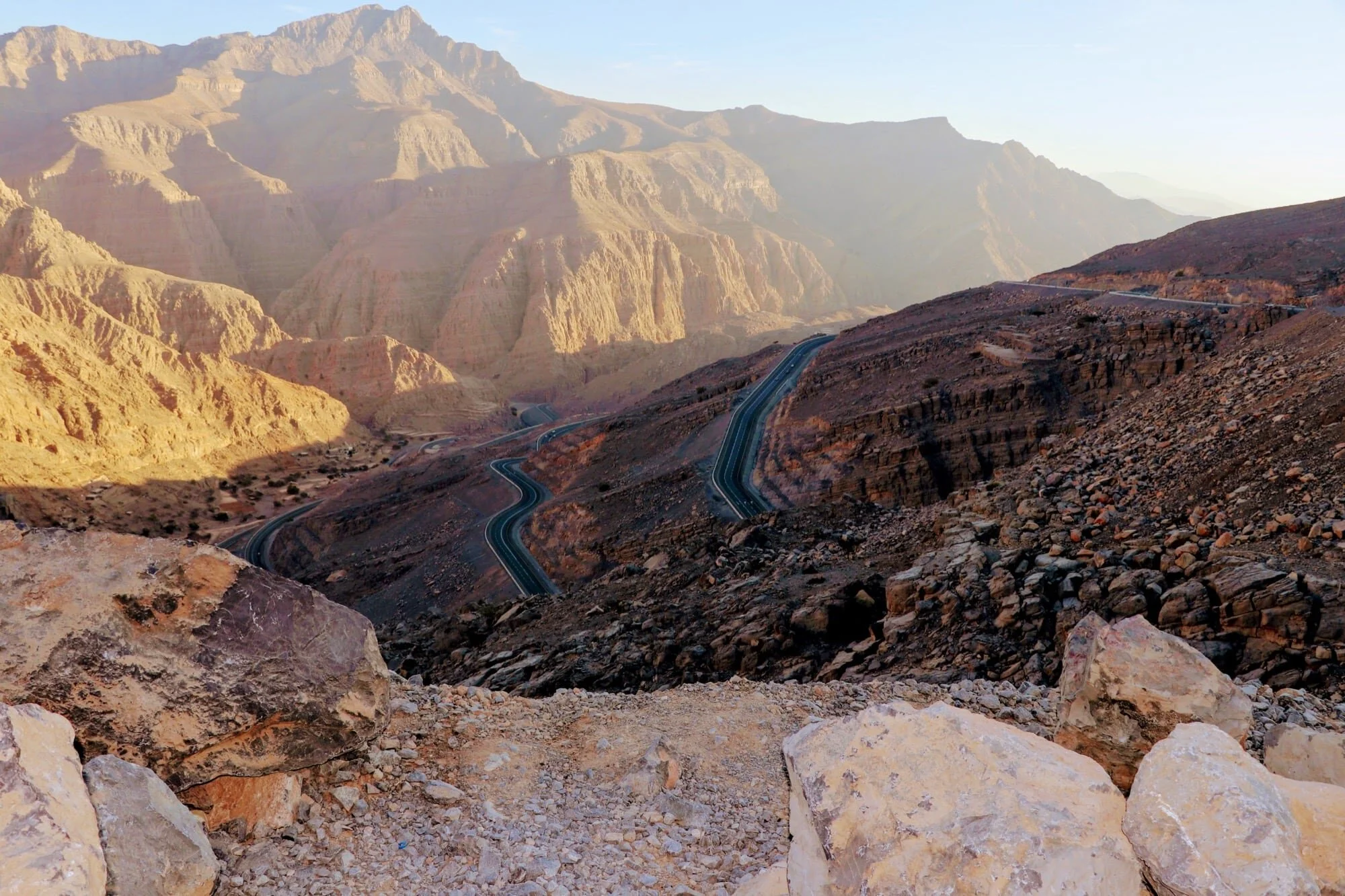The United Arab Emirates has perhaps transformed more than any other country in the world during my lifetime. For example, back in the 1960s, the UAE was home to a population of under a hundred thousand. Today the UAE’s population is now approaching ten million.
For example, take Dubai, a city I first saw in Michael Palin’s Around the World in 80 Days was once a small relatively unknown, undeveloped city where he rented an ancient dhow to take him to India.
Since the 1980s, Dubai has been transformed into a glistening metropolis of glass megalith-like skyscrapers, one-too-many lane highways and artificial islands spotted with holiday homes.
The scale of Dubai’s explosive growth is incomprehensible. To me at least. I’m not sure if Dubai is somewhere I want to visit. On the one hand, Dubai is unlike any other place in the world - its ostentatiousness is off the scale, in many ways, it’s similar to a city like Vegas. That is Vegas, but with infinitely stricter sex, drugs and alcohol laws.
Does this give it character, or does this mean the place is devoid of character? Does this even matter? What other place decides to, and then almost pulls off building a chain of islands mirroring the entire world? All I know is that both Michael Palin and John Simpson both listed Dubai as the place they’d least like to visit on the Travel Diaries Podcast.
Anyway, the UAE is a lot more than simply Dubai. The UAE comprises seven emirates, and given almost 90% of the population are immigrants, there must be a reason to visit, right? Maybe I should give The UAE a visit, that is provided they overhaul their draconian LGBT laws.
As the world shifts away from fossil fuels and hub-based air travel, I wonder what the future holds for the UAE? I certainly hope the UAE’s future is brighter than that of its sinking artificial islands.
Jebel Jais, the highest peak in the UAE
I'm writing about every country in the world. One a day for 195 days. Learn more

